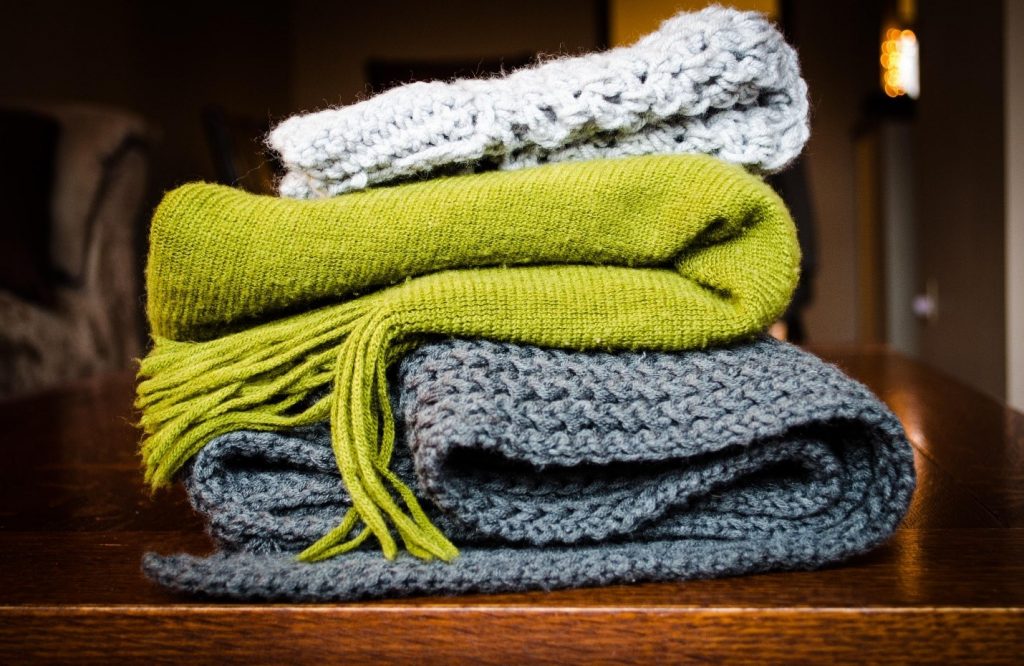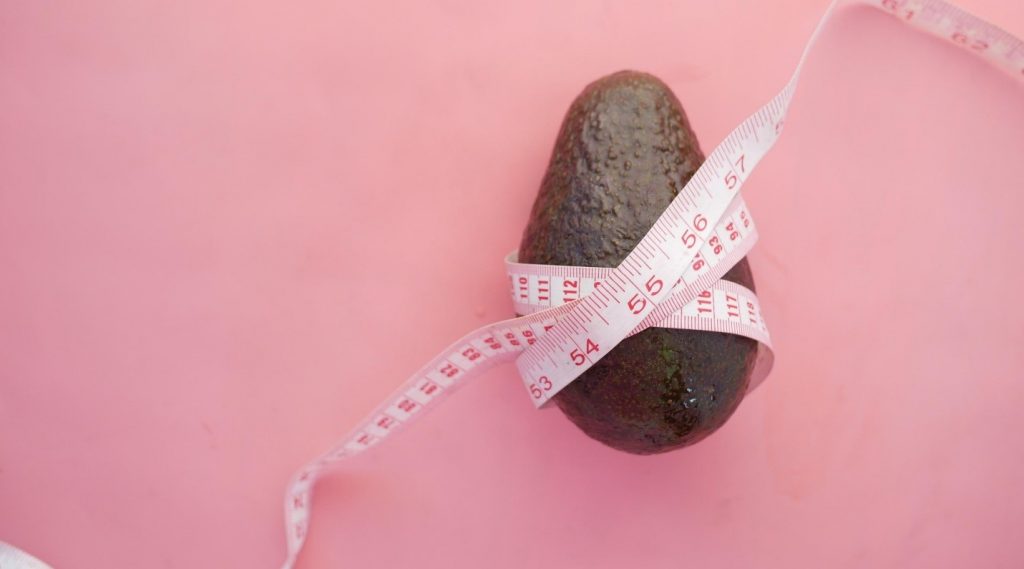Joint pain is the worst pain you can experience, especially if your job or daily activities require excessive movement.
Contrary to popular belief, joint pain doesn’t only significantly affect older adults. It can affect very young people as well.
Injuries suffered by young football or soccer players can cause chronic joint pain that affects them for the rest of their lives and might never go away.
This joint pain can also be caused by things like arthritis which affects 1 in every 1000 children. Chronic arthritis is excruciating and will flare up in winter more than at any other time.
This means that arthritis plagued children suffer from unbearable pain in winter that can leave them crippled during the chilly months.
Regular people can also suffer from joint pain in winter. It has been theorized that drastic temperature drops can cause a decrease in your barometric pressure, which causes muscles, tendons, and the tissue surrounding them to expand. This coupled with the confined space within your body and your inflamed joints having to squeeze themselves in, causes pain that can become severe, especially if you already have arthritis.

Although no exact science proves or disproves that theory, many people report feeling much slower and stiffer than usual, particularly on colder days. Being mean is very uncomfortable, making people aware of every move they make and every little sound their body produces. This all adds to the already existing pain, making it worse.
To combat that, here are three tips for winter joint pain that will help you out this season.
1- keep warm
Keeping your aching joints warm will prevent more swelling or inflammation in the muscles and tenderness and will help ease some of the pain you might already have.
When indoors, keep warm and sit under a warm thick blanket. Use a heating pad and sit it on the affected joint like the knee joint as pain in knee joint treatment.
Don’t forget to check in with your doctor as often as possible during this period to help you deal better with your pain and prescribe or administer medication if needed.

2-Avoid gaining the winter pounds
Another thing that might cause or worsen your joint pain is excess weight. Even in summer or any other season, excess weight will cause severe joint pain. Our bodies were never designed to carry vast amounts of excess weight. To begin with, Depending on how much excess weight you might take, the pressure on your knees can cause severe pain and possible injuries.
We naturally get hungrier in winter because we need more food to fuel our bodies to keep us nice and warm. Of course, this means we eat more, but if we aren’t moving enough to burn the additional weight we will gain, this will add up very quickly and go straight to your waist.
To combat that, try eating only within your caloric limit. But, of course, your caloric limit depends on various factors such as sex, age, height, and activity levels.
Sticking to a caloric deficit might sound very hard, especially in winter, because of holidays and the foods served. However, stick to your caloric limits to prevent joint pain and other obesity-related health issues.
Don’t forget to drink plenty of water and stay hydrated.

3-Use supplements:
Your best bet to prevent and treat joint pain in winter or any other season is to consult with your health care providers and doctors on the best course of action and plan to help you manage your pain.
Take over- the -counter pain killers but make sure to talk to your doctor first and ask for recommendations on which is the best for you.
Your physician might prescribe anti-inflammatory medications and painkillers to help you manage your condition.
These medications should only be taken if prescribed by a doctor. Don’t take anything that was recommended by a family member or someone suffering the same condition as you because everyone’s body is different, and you might end up with unwanted, unnecessary side effects that are preventable.
Take your medication as prescribed and rest for a bit as you regain strength and your inflamed joints improve.








